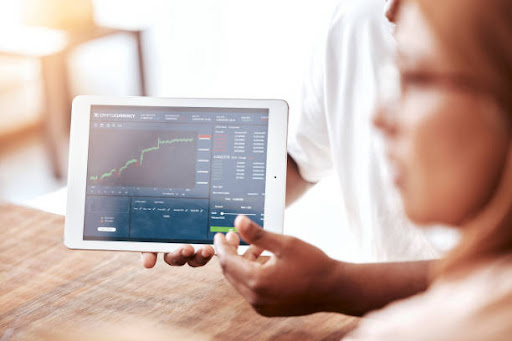Although the COVID-19 did reduce global IT spending last year, many companies were still forced to increase their IT budgets to adapt to new operational requirements and set up their employees to work from home.
According to data presented by AksjeBloggen, global IT spending is expected to significantly recover and hit over $4trn in 2021, 6% more than before the pandemic struck. Software and hosting/cloud projects are forecast to account for more than 50% of total IT budgets this year.
Hardware Budgets Drop, Software and Cloud Budgets Grow
According to the Spiceworks Ziff Davis survey, last year, hardware projects accounted for a third of IT budgets among business technology buyers, with differences depending on the company’s size. Smaller companies, employing between one and 99 people, allocated 35% of their budget to hardware, compared to 29% of companies with five thousand employees or more.
Software projects accounted for 29% of total IT budgets. Hosted/cloud-based projects and managed service projects followed with a 22% and 15% share, respectively.
However, the COVID-19 crisis caused significant shifts in global IT spending, with money allocated to hardware budgets slowly flowing into other areas.
While hardware budgets will still have the largest share in IT spending in 2021, their market share is expected to drop to 31% in 2021, compared to 35% in 2019. Statistics show that most companies, or 20%, plan to spend their hardware budgets on buying laptops this year, up from 17% in 2020. Desktops and servers are set to witness a drop in demand, while security appliances and external storage will slightly increase their share in total spending.
Software represents the second-largest category with a 29% share in overall IT spending, the same as in 2020. The survey also revealed that all products and services in this category are expected to maintain the same or increase their share in total IT spending. Around 12% of companies plan to use their software budget for buying productivity software, up from 10% last year. Industry-specific apps ranked second, with also a 12% share in total spending.
Statistics show that hosted/cloud services, as the third-largest category, will account for 24% of total IT spending in 2021, up from 21% in 2019. Managed services spending follows with a 16% share in 2021, up from 14% two years ago.
Online Backup, Recovery Solutions, and Online Productivity Software Hold the Top Spots in Cloud Services Spending
The growth in the cloud category has driven a massive adoption of productivity apps, cloud storage, and communications solutions, which are all relevant in the post-COVID-19 world where working from home is the new normal.
However, statistics show that online backup and recovery solutions and online productivity software will continue holding the top spots in hosted/cloud services spending, with a 25% share combined. Email hosting and web hosting follow with 9% and 8% share, respectively.
Analyzed by industry, companies from IT services plan to allocate 32% of their overall technology spend to cloud budgets in 2021, much higher than the 24% average among all industries. Around 11% of their cloud budgets will be spent on Infrastructure-as-a-service, compared to an average of 6% among all sectors.


 News3 weeks ago
News3 weeks ago
 Business3 weeks ago
Business3 weeks ago
 Technology3 weeks ago
Technology3 weeks ago
 Investment3 weeks ago
Investment3 weeks ago
 Banking Sector3 weeks ago
Banking Sector3 weeks ago
 Banking Sector3 weeks ago
Banking Sector3 weeks ago
 Investment4 weeks ago
Investment4 weeks ago
 Appointments3 weeks ago
Appointments3 weeks ago
















